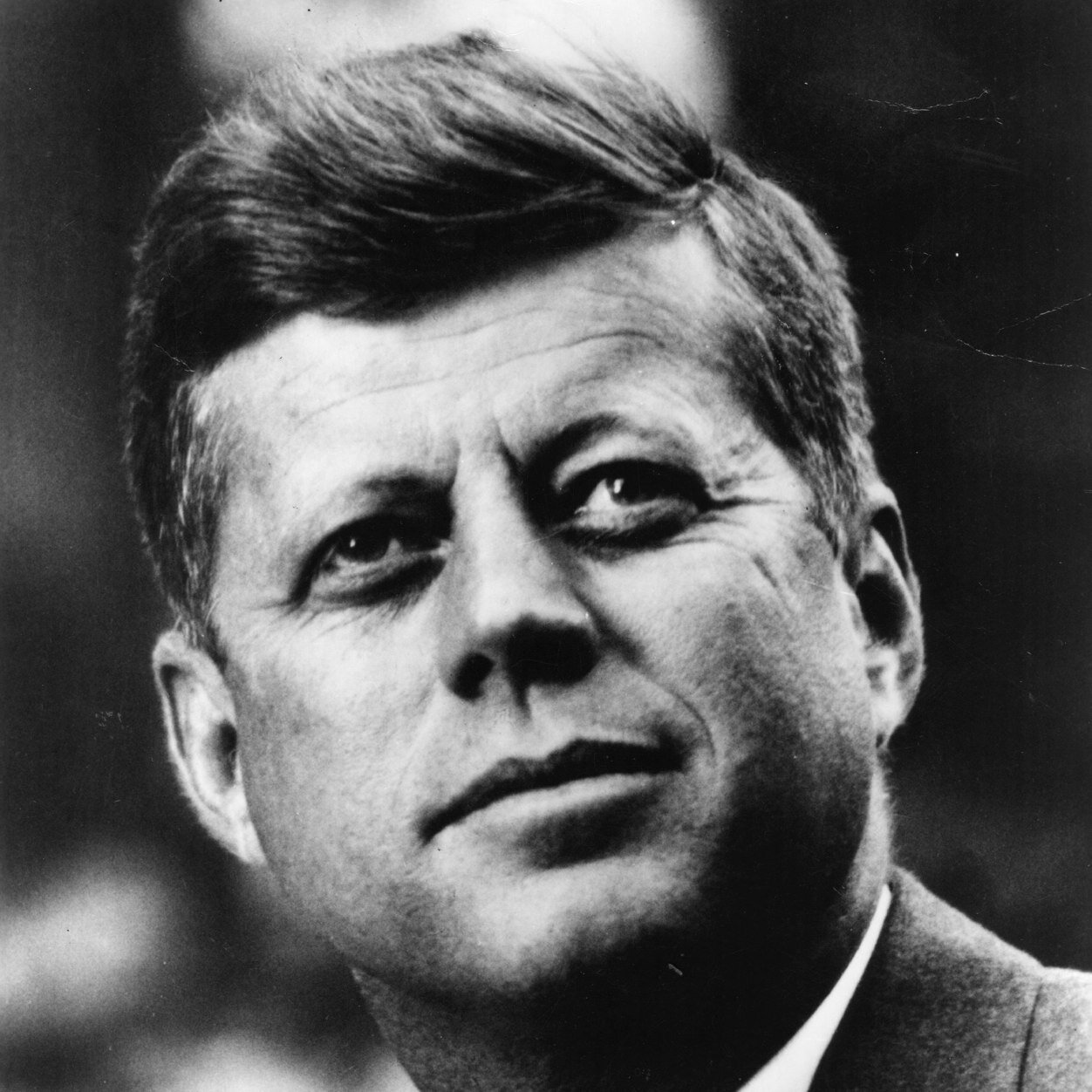The 1960s were a transformative decade that shaped modern society in profound ways. This era was marked by significant social, political, and cultural upheaval, and several key figures emerged who would leave lasting impacts on the world. Among them, three individuals stand out for their extraordinary contributions: Martin Luther King Jr., John F. Kennedy, and Marilyn Monroe. Each of these icons played a pivotal role in influencing the course of history during this dynamic decade.
In this article, we delve into the lives and legacies of these three important figures from the 1960s. Their stories help us understand the spirit of the time and the challenges they faced. By examining their contributions, we can appreciate how they shaped the movements and ideologies that continue to resonate today.
Join us as we explore the lives of these influential personalities, their achievements, and the impact they had on society. Understanding their journeys not only honors their legacies but also provides insight into the ongoing struggles for justice, equality, and cultural evolution.
Table of Contents
Martin Luther King Jr.
Martin Luther King Jr. was a prominent leader in the American civil rights movement. He advocated for nonviolent resistance to achieve social justice and equality for African Americans. His famous "I Have a Dream" speech delivered during the 1963 March on Washington remains a cornerstone of his legacy.
Early Life and Education
Born on January 15, 1929, in Atlanta, Georgia, King was raised in a religious environment. He earned a Bachelor of Arts in Sociology from Morehouse College, followed by a Bachelor of Divinity from Crozer Theological Seminary and a Ph.D. in Systematic Theology from Boston University.
Major Contributions
- Led the Montgomery Bus Boycott (1955-1956)
- Founded the Southern Christian Leadership Conference (SCLC) in 1957
- Organized the Birmingham Campaign in 1963
- Delivered the "I Have a Dream" speech in 1963
- Awarded the Nobel Peace Prize in 1964
Biodata
| Name | Martin Luther King Jr. |
|---|---|
| Birth Date | January 15, 1929 |
| Death Date | April 4, 1968 |
| Profession | Baptist minister, civil rights activist |
John F. Kennedy
John F. Kennedy, the 35th President of the United States, served from January 1961 until his assassination in November 1963. His leadership during pivotal moments such as the Cuban Missile Crisis and the establishment of the Peace Corps marked him as a transformative figure in American politics.
Political Career
Kennedy's political career began after serving in the Navy during World War II. He was elected to the U.S. House of Representatives in 1947 and later to the Senate in 1953. His presidential campaign in 1960 focused on issues like civil rights, economic growth, and foreign policy.
Major Achievements
- Established the Peace Corps (1961)
- Advanced civil rights legislation
- Facilitated the Nuclear Test Ban Treaty (1963)
- Addressed the nation during the Cuban Missile Crisis (1962)
Biodata
| Name | John F. Kennedy |
|---|---|
| Birth Date | May 29, 1917 |
| Death Date | November 22, 1963 |
| Profession | Politician, author |
Marilyn Monroe
Marilyn Monroe was an iconic actress, model, and singer, known for her beauty and charisma. She became a cultural icon and a symbol of femininity in the 1960s, influencing fashion, film, and popular culture.
Career Highlights
Monroe's career began in the late 1940s, but it was in the 1950s that she achieved superstardom with films like "Gentlemen Prefer Blondes" and "Some Like It Hot." Her blend of innocence and sexuality captivated audiences and redefined the image of women in film.
Legacy and Impact
- Influenced the portrayal of women in media
- Left a lasting mark on popular culture
- Continues to be a symbol of glamour and beauty
Biodata
| Name | Marilyn Monroe |
|---|---|
| Birth Date | June 1, 1926 |
| Death Date | August 5, 1962 |
| Profession | Actress, model, singer |
Conclusion
In conclusion, Martin Luther King Jr., John F. Kennedy, and Marilyn Monroe were three important figures from the 1960s who profoundly influenced their respective fields and society as a whole. Their legacies continue to inspire new generations in the ongoing struggles for equality, justice, and self-expression. As we reflect on their contributions, let us take action in our own lives to promote positive change.
We encourage you to leave your thoughts in the comments, share this article, or explore more content on our site to learn about other influential figures in history. Together, we can honor their legacies and contribute to a more just and equitable world.
Thank you for reading, and we look forward to welcoming you back for more insightful articles!




